"Rav Helbo said: The wine of Perugitha and the water of Diomsith cut off the Ten Tribes from Israel" (Shabbat 147b). As Rashi explains,…

Shabbat 140b: Don't Eat Your Vegetables
The next time your mother tells you to eat your vegetables, you might try explaining to her that you are just following the advice of Rav Hisda, the…
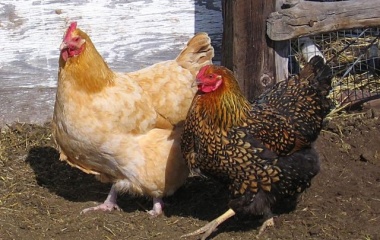
Shabbat 145: Home and Away
When one studies Talmud, it is easy to forget that Sages quoted on the same page may actually have lived hundreds of years and hundreds of miles…

Shabbat 139: Guilty as Charged!
While we are unable to discern G-d's ways--and it behooves us to not even try--Talmudic rabbis were not so reticent in ascribing reasons for…

Shabbat 130a: Taking the Plunge
One of the saddest statements Jews can make is, “It’s tough to be a Jew”. Why would anyone want to be part of a people identified with suffering,…
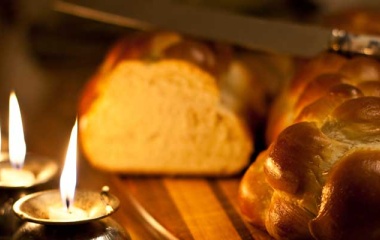
Shabbat 118a: Shabbat Meals
“Make your Shabbat like a weekday, and have no need [to take from] people” (Shabbat 118a). In Talmudic times, it was the norm to eat two meals a day…
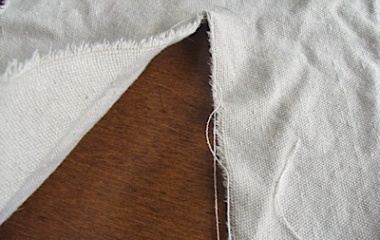
Shabbat 105b: Anger Management
One of the foundational laws of Shabbat is that only productive acts are prohibited; “all who destroy are exempt” (Shabbat 105b). At times, a…
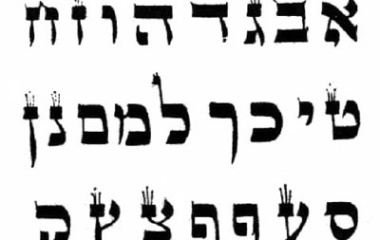
Shabbat 104a: Alphabetical Order
The Latin alphabet, used in many languages of today (including English), is a phonetic system where each letter—or combination thereof—represents…

Shabbat 99b: Three Rabbis, One Opinion
James Naismith is credited with inventing basketball, but a primitive version seems to have existed in Talmudic times. “Rav Mordechai asked Rava: […

Shabbat 96b: Human Revelation
Of all the 39 Melachot, it is carrying that, by far, occupies the most pages of Talmudic discussion. In the midst of discussing this prohibition, the…

Shabbat 91b: Talmudic Toys
It seems that the toy industry in Talmudic times was quite different than the one we have today. Lacking the technological gizmos so popular today,…

Shabbat 89b: Yitzchak to the Rescue
Abraham is the founding father of Judaism, Yaakov is the founding father of the Jewish people, and Yitzchak is the link between them. His role was…

Shabbat 89a: Sinai and Sin'ah
Years ago, I heard Dennis Prager note that, while the Talmud spends six double-sided folio pages discussing the permissibility of eating an egg laid…
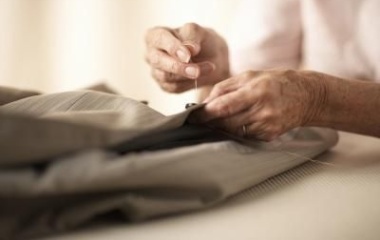
Shabbat 75: Sewing and Science
It is the 39 melachot that define the observance of Shabbat. Yet a listing of the melachot does not appear until midway through the seventh chapter…

Shabbat 63: Battle Clothes
The sixth chapter of Shabbat begins with the issue of what ornaments a woman—and to a lesser extent, a man—may or may not wear on Shabbat in a place…

Shabbat 56: Rabbinic Cover-Up
Interpreting Scripture is no easy feat. One of the difficulties in understanding biblical literature is to figure out what parts are to be taken at…

Shabbat 54b: Minding Others' Business
“The cow of Rav Elazar ben Azaria used to go out on Shabbat with a strap between its horns, against the will of the rabbis”. Shabbat is the day of…

Shabbat 46a: Going Barefoot
One of the inspiring things we see in the many stories found in the Talmud is the realistic portrayal of our great sages. We see not only much…

